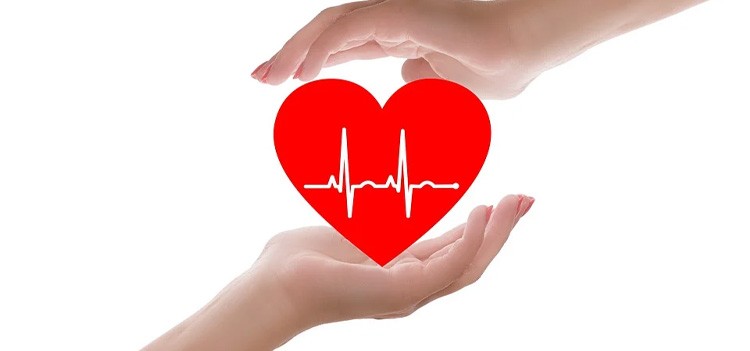Atrial arrhythmia, also known as atrial fibrillation, is a common heart condition characterized by irregular electrical signals in the heart's upper chambers (atria). It affects millions of people worldwide and can lead to various complications if left untreated.
1. Lifestyle Modifications
In some cases, lifestyle modifications can significantly improve the symptoms and reduce the frequency of atrial arrhythmia treatment. Adopting a heart-healthy diet low in sodium, exercising regularly, managing stress levels, and avoiding excessive alcohol and caffeine consumption are some practical measures individuals can take to manage their condition.

2. Medications
Medications are commonly prescribed to control heart rate and rhythm in patients with atrial arrhythmia. Anti-arrhythmic drugs, such as beta-blockers, calcium channel blockers, and sodium channel blockers, help restore and maintain a regular heartbeat.
3. Electrical Cardioversion
Electrical cardioversion is a procedure used to restore normal heart rhythm in individuals with atrial arrhythmia. It involves delivering a controlled electric shock to the heart through electrodes placed on the chest. This shock helps reset the heart's electrical signals and return it to a regular rhythm.
4. Catheter Ablation
Catheter ablation is a minimally invasive procedure that selectively targets and destroys the abnormal tissue causing atrial arrhythmia. During the procedure, a catheter is threaded through a blood vessel to the heart, where radiofrequency energy or freezing techniques are used to destroy the problematic tissue.
Conclusion
Atrial arrhythmia can impact an individual's quality of life and increase the risk of complications if left untreated. Fortunately, there are several treatment options available, ranging from lifestyle modifications and medications to invasive procedures and implantable devices.